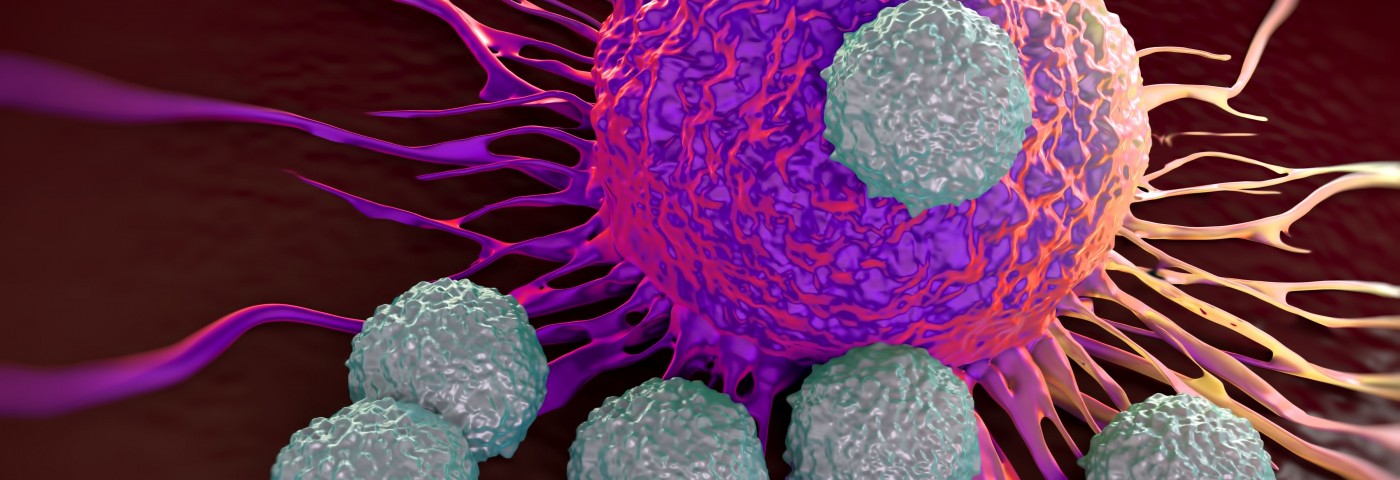Researchers at England’s University College of London, led by Prof. Karl Peggs and Dr. Sergio Quezada, have inactivated an important immune-inhibitory pathway through an advanced gene-editing technique, demonstrating this approach holds promise for increased tumor control with fewer side effects.
The research paper, “TALEN-Mediated Inactivation of PD-1 in Tumor-Reactive Lymphocytes Promotes Intratumoral T-cell Persistence and Rejection of Established Tumors,” was published in Cancer Research.
Adoptive Cellular Therapy (ACT) is used to fight diseases such as cancer and certain viral infections. In this therapeutic approach, T-cells are extracted from a patient, expanded in the laboratory to achieve a greater number of cancer-fighting white blood cells, and then re-introduced into the patient. Despite its promising efficacy, ACT is still not able to induce complete response rates and impressive tumor-treatment outcomes.
Key factors limiting the therapy’s efficacy are the tumor microenvironment and expression of immune-inhibitory ligands. One example is the PD-1 molecule that is expressed on T-cells and normally stops immune cells from attacking healthy issue. Cancer cells have, however, exploited this “switch” to evade the immune system and avoid death.
Immunotherapy drugs have been used to block these signals but, because they affect the whole of the immune system, significant harmful side effects can occur.
Researchers used the TALEN gene-editing technology to make tumor-reactive T-cells resistant to PD-1 signalling by removing the PD-1 molecule from T-cells found within tumors. The study involved extraction of T-cells from laboratory mice, modification and multiplication of the cells, and, finally, re-introduction into the animals. Researchers observed that this modification made T-cells at the tumor site more persistent and increased tumor control, resulting in tumor shrinkage.
“This is an exciting discovery and means we may have a way to get around cancer’s defenses while only targeting the immune cells that recognize the cancer,” said Quezada, a Cancer Research UK scientist, in a news release “While drugs that block PD-1 do show promise, this method only knocks out PD-1 on the T-cells that can find the tumor, which could mean fewer side effects for patients.”


